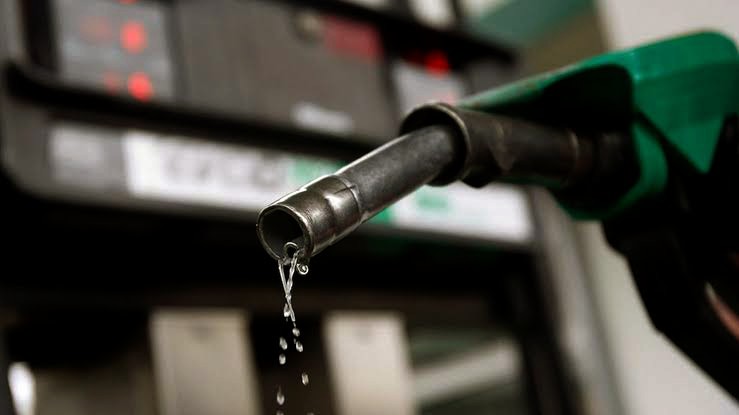
Fuel Subsidy in Nigeria
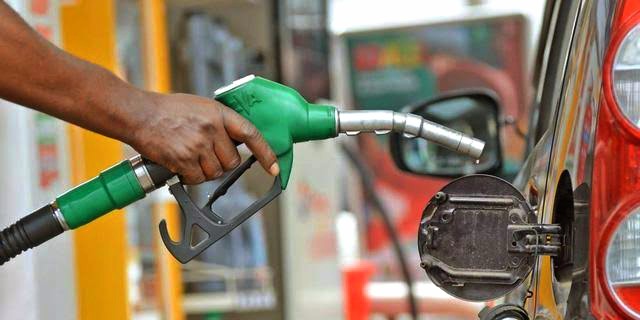
Fuel plays a critical role in modern society, acting as the lifeblood of transportation, industry, and energy production. Among the various types of fuel, diesel is particularly significant due to its widespread use in commercial transportation, agriculture, and machinery. In Nigeria, the dynamics of fuel pricing and subsidy policies have profound implications for the economy and the populace. This report feature into the specifics of diesel fuel, examines the intricacies of fuel pricing in Nigeria, explores the concept of fuel subsidies, and analyzes the contentious issue of fuel subsidy removal.
Diesel Fuel
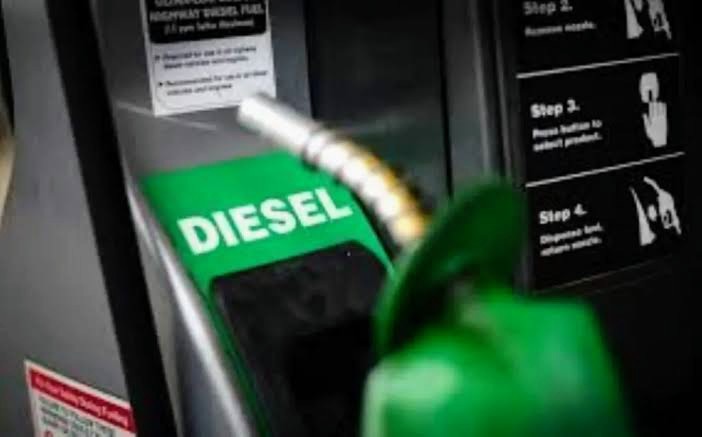
Diesel fuel, a type of distillate fuel derived from crude oil, offers energy efficiency and high energy density. Unlike gasoline, diesel engines utilize compression ignition, which makes them more efficient and robust, particularly for heavy-duty applications. Diesel fuel powers various engines, including those in trucks, buses, ships, trains, and construction equipment.
Composition and Characteristics
Diesel fuel consists of hydrocarbons, primarily those in the C10 to C20 range. Its high energy content and combustion properties make it ideal for engines requiring high torque and long operational hours. Moreover, diesel engines tend to have better petrol efficiency compared to gasoline engines, often achieving 20-30% better petrol economy. This efficiency, however, comes with the trade-off of higher emissions of certain pollutants, such as nitrogen oxides (NOx) and particulate matter (PM), though advancements in technology mitigate these issues.
Fuel Pricing in Nigeria
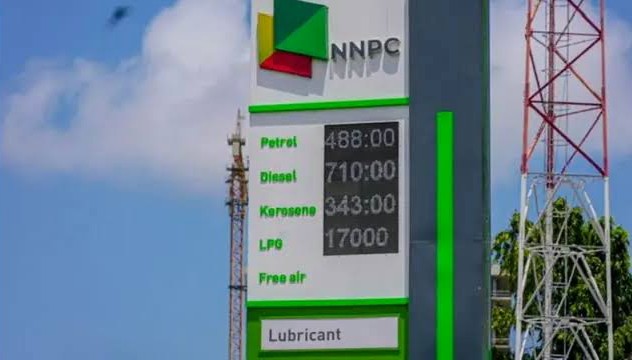
Nigeria, despite being one of the largest oil producers in Africa, faces complex challenges regarding fuel pricing. The price of petrol, including diesel, stands as a significant economic and political issue, influenced by global oil prices, domestic policies, and market dynamics.
Historical Context
Nigeria has struggled with fuel pricing due to its reliance on imported petroleum products. Despite its vast crude oil reserves, the country’s refining capacity remains limited, necessitating imports to meet domestic demand. This paradox results from years of underinvestment in the refining sector and mismanagement. Consequently, the country remains vulnerable to fluctuations in global oil prices, which directly impact the cost of imported fuel.
Current Pricing Mechanism
Currently, several factors influence the pricing of diesel and other fuels in Nigeria, including the global oil market, exchange rates, and domestic policies. The Petroleum Products Pricing Regulatory Agency (PPPRA) oversees the pricing framework to ensure a balance between market realities and consumer affordability. However, frequent adjustments and lack of transparency often lead to public dissatisfaction and unrest.
Fuel Subsidy: Concept and Implementation
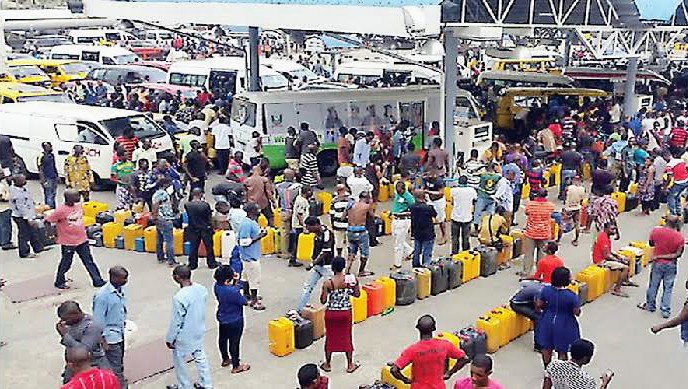
A fuel subsidy represents a government policy designed to reduce the cost of fuel for consumers by compensating the difference between the market price and the retail price. This policy aims to make petrol more affordable, especially for the lower-income population, and to stabilize the economy by controlling inflation.
Rationale Behind Fuel Subsidies
Nigeria introduced fuel subsidies to cushion the impact of fluctuating global oil prices on the local economy and to alleviate the financial burden on consumers. Given that a significant portion of the Nigerian population lives below the poverty line, affordable fuel remains crucial for daily activities and economic participation.
Implementation and Challenges
The implementation of fuel subsidies in Nigeria has faced challenges, including corruption, inefficiency, and fiscal strain. Unscrupulous entities often abuse the subsidy system, siphoning off funds. Additionally, maintaining subsidies places a heavy burden on the national budget, diverting resources from critical sectors such as education, healthcare, and infrastructure.
Fuel Subsidy Removal: Arguments and Implications

The debate over the removal of fuel subsidies in Nigeria remains highly polarized. Proponents argue that subsidies are economically unsustainable and that their removal would free up resources for development. Opponents, however, contend that subsidy removal would lead to increased fuel prices, exacerbating poverty and inflation.
Arguments for Subsidy Removal
- Economic Efficiency: Removing subsidies would reduce fiscal deficits and enable the government to allocate funds more effectively towards essential services and infrastructure development. Subsidy removal could also attract investment in the energy sector, leading to improved efficiency and capacity.
- Market Liberalization: Allowing fuel prices to be determined by market forces would encourage competition and investment in the downstream sector. This could lead to better service delivery and innovation in fuel distribution and sales.
- Reduction of Corruption: Subsidy schemes have been plagued by corruption, with significant funds misappropriated. Eliminating subsidies could reduce these opportunities for graft, leading to more transparent and accountable governance.
- Environmental Benefits: Higher fuel prices could incentivize the adoption of more fuel-efficient technologies and alternative energy sources, contributing to environmental sustainability and reducing pollution.
Arguments Against Subsidy Removal
- Economic Hardship: Immediate removal of subsidies would lead to a sharp increase in petrol prices, disproportionately affecting low-income households and small businesses. This could exacerbate poverty and social inequality.
- Inflationary Pressure: Higher fuel prices would lead to increased costs of goods and services, as transportation and production costs rise. This inflationary pressure could destabilize the economy and reduce consumer purchasing power.
- Social Unrest: Previous attempts to remove subsidies have led to widespread protests and civil unrest. The government needs to consider the potential for social upheaval and the importance of maintaining public order.
- Transition Challenges: Abrupt subsidy removal without adequate preparatory measures and safety nets could lead to severe economic disruption. A gradual and well-planned transition is essential to mitigate adverse effects.
Case Studies of Fuel Subsidy Removal
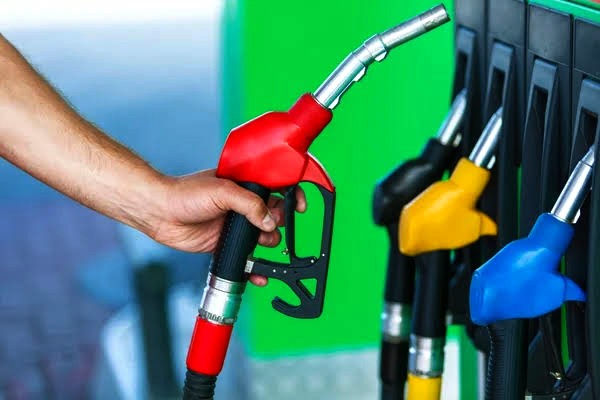
Examining case studies from other countries can provide valuable insights into the potential outcomes of fuel subsidy removal.
Indonesia
Indonesia, another major oil producer, faced similar challenges with fuel subsidies. In 2014, the government took bold steps to reduce fuel subsidies, redirecting funds towards infrastructure, education, and health. While the initial response included public protests, the long-term effects have been positive, with improved economic stability and investment in critical sectors.
Egypt
Egypt implemented a series of fuel subsidy cuts as part of broader economic reforms supported by the International Monetary Fund (IMF). These measures helped to stabilize the economy, reduce the fiscal deficit, and attract foreign investment. However, the reforms also led to short-term economic hardships and public dissatisfaction, highlighting the need for comprehensive social protection programs.
Nigeria’s Path Forward
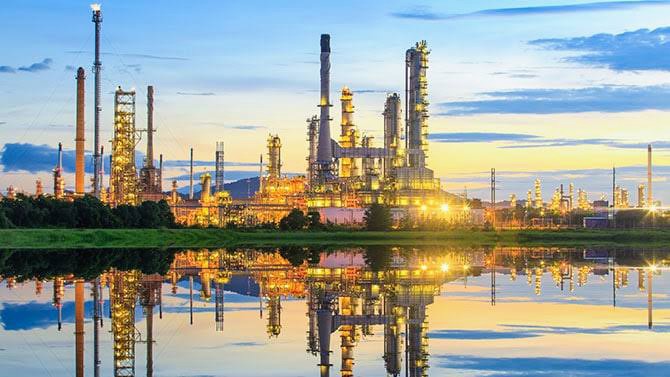
Given the complexities involved, Nigeria must carefully navigate the process of fuel subsidy removal. A strategic and phased approach is necessary to balance economic efficiency with social protection.
Gradual Phasing Out
A gradual phasing out of subsidies, combined with targeted support for vulnerable populations, could mitigate the shock of sudden price increases. This approach would involve incrementally raising petrol prices while implementing programs to cushion the impact on low-income households.
Strengthening Social Safety Nets
To address the adverse effects of subsidy removal, the government should enhance social safety nets, such as cash transfers, public transportation subsidies, and food security programs. These measures would help protect the most vulnerable segments of the population from the immediate economic impact.
Boosting Domestic Refining Capacity
Investing in domestic refining capacity is crucial to reducing reliance on imported petrol. Enhancing the efficiency and output of existing refineries, coupled with the development of new facilities, would ensure a stable supply of refined products and reduce the volatility associated with global market fluctuations.
Transparency and Accountability
Ensuring transparency and accountability in the management of petrol pricing and subsidy funds is essential to building public trust. Implementing robust oversight mechanisms and involving civil society organizations in monitoring can help reduce corruption and ensure that funds are used effectively.
Public Communication and Engagement
Effective communication and public engagement are vital to gaining public support for subsidy reforms. The government should clearly articulate the rationale, benefits, and measures being taken to mitigate adverse effects. Engaging with stakeholders, including labor unions, civil society, and the private sector, can help build consensus and foster cooperation.
Conclusion

Fuel pricing and subsidies in Nigeria present a complex challenge with significant economic, social, and political implications. While diesel fuel remains a critical component of the country’s energy mix, the sustainability of fuel subsidies is increasingly questioned. If managed carefully, the removal of fuel subsidies could lead to economic efficiency, reduced corruption, and environmental benefits. However, the government must adopt a phased approach, strengthen social safety nets, and invest in domestic refining capacity to ensure a smooth transition and protect vulnerable populations. Ultimately, a balanced and strategic approach, underpinned by transparency and public engagement, is essential for Nigeria to navigate this critical issue and achieve sustainable development.
NNPC Fuel Pricing
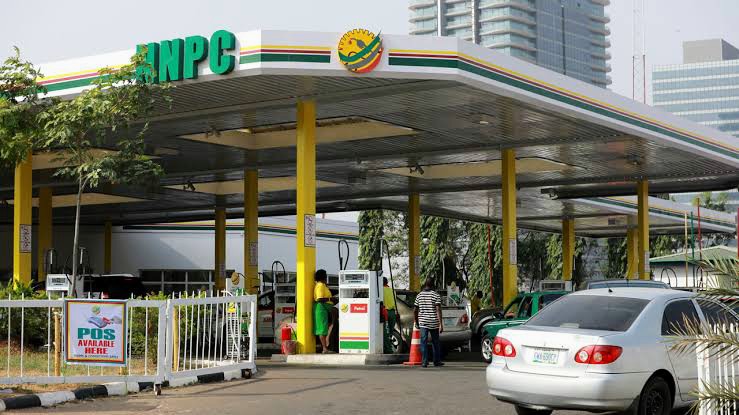
The Nigerian National Petroleum Corporation (NNPC) plays a pivotal role in Nigeria’s economy. Consequently, changes in NNPC’s fuel prices significantly impact the country’s socio-economic landscape. This report examines the factors influencing NNPC’s fuel pricing, the effects on the Nigerian economy, and the ongoing debate on fuel subsidies.
Factors Influencing NNPC Fuel Pricing
First and foremost, global crude oil prices determine NNPC’s fuel prices. Since Nigeria relies heavily on oil exports, fluctuations in international oil prices directly affect domestic petrol costs. When crude oil prices rise globally, NNPC adjusts its prices to reflect the increased cost of acquiring crude oil.
Additionally, exchange rates play a crucial role. The Naira’s value against the US dollar affects the cost of importing refined petroleum products. However, a depreciation of the Naira leads to higher import costs, necessitating an upward revision of petrol prices by NNPC.
Moreover, local refining capacity significantly influences fuel prices. Nigeria’s limited refining capacity means the country imports a substantial portion of its petroleum products. Thus, any disruption in the global supply chain can lead to price adjustments. In contrast, enhancing local refining capabilities could stabilize prices by reducing dependency on imports.
Economic Impact of Fuel Price Changes
NNPC’s fuel price adjustments have a cascading effect on various sectors of the Nigerian economy. For instance, transportation costs are directly impacted. Also, higher petrol prices translate to increased costs for public and private transportation, affecting commuting expenses for individuals and distribution costs for goods.
Furthermore, the manufacturing sector feels the pinch. Increased transportation and energy costs lead to higher production expenses, which can result in higher prices for goods and services. Consequently, inflation may rise, eroding consumers’ purchasing power.
On the other hand, higher petrol prices boost government revenue through increased tax revenues and reduced subsidy burdens. The government can utilize this additional revenue for infrastructural development and social programs. However, this comes at the cost of public discontent and potential social unrest, as higher fuel prices often lead to widespread dissatisfaction among the populace.
The Subsidy Debate
A contentious issue in Nigeria is the subsidy on fuel. Historically, the Nigerian government has subsidized fuel to keep prices artificially low, aiming to ease the financial burden on its citizens. However, this has led to significant financial strain on the government’s budget.
Proponents of fuel subsidies argue that they are necessary to protect consumers from the volatility of global oil prices and to prevent an increase in the cost of living. Moreover, subsidies are seen as a means to promote social equity, ensuring that even the economically disadvantaged can afford basic transportation and energy.
Conversely, critics highlight the inefficiencies and corruption associated with the subsidy regime. They also argue that subsidies distort the market, encourage smuggling, and lead to a significant drain on public resources. By removing subsidies, funds could be redirected towards critical sectors such as healthcare, education, and infrastructure.
Conclusion
In conclusion, several factors, including global oil prices, exchange rates, and local refining capabilities, influence NNPC’s petrol pricing. While higher fuel prices can enhance government revenue and reduce subsidy burdens, they also pose challenges such as increased inflation and public discontent. The debate over fuel subsidies continues to polarize Nigeria, with valid arguments on both sides. Moving forward, a balanced approach that considers both economic realities and the welfare of the populace is essential for sustainable fuel pricing policies in Nigeria.
By understanding these dynamics, stakeholders can better navigate the challenges and opportunities presented by changes in NNPC petrol prices, ensuring that policies benefit the broader economy while addressing the needs of the Nigerian people.
Click here for more news, insights and updates
Related Topics
Breaking News: Dangote Slashes Diesel and Aviation Fuel Prices, Eases Economic Burden
Dangote Refinery Revolutionizes Nigerian Energy Landscape with Diesel Supply Initiative
NNPC’s Groundbreaking Shift: Embracing Public Ownership for Oil and Gas Reform
Anticipated Reduction: Nigerian Refinery Operations to Impact Petrol Prices, Marketers Ready
Dangote Refinery Boosts Stock of Imported US Crude Oil, Second Shipment on Its Way



The removal of fuel subsidy in Nigeria has made the economy situation very terrible.